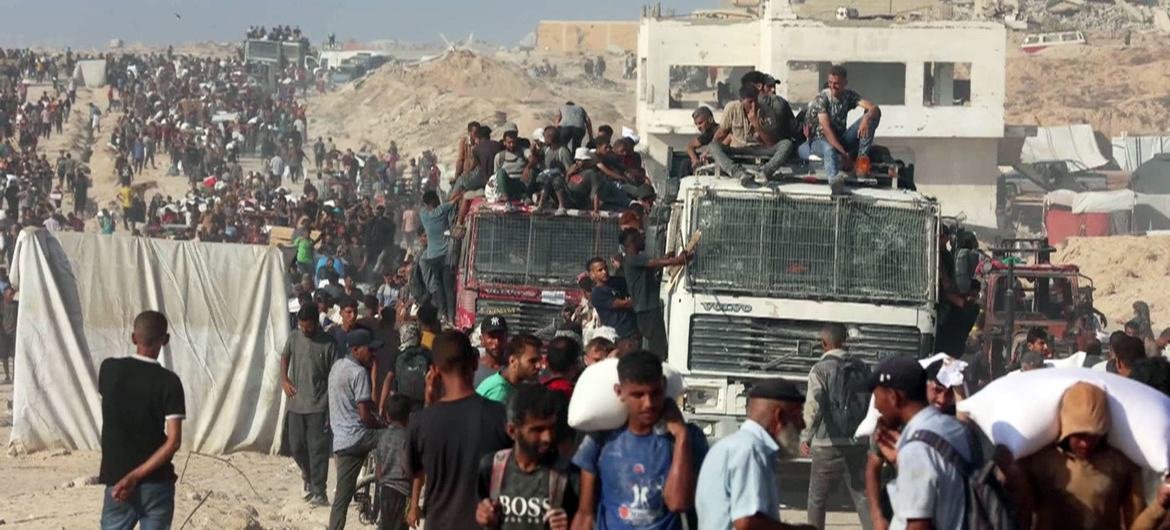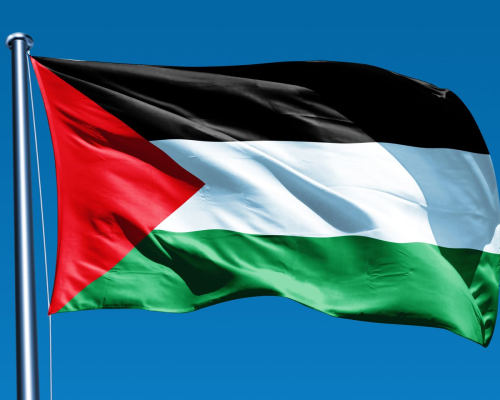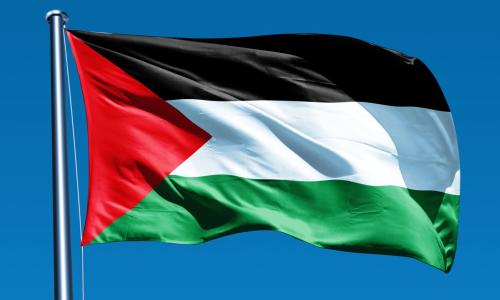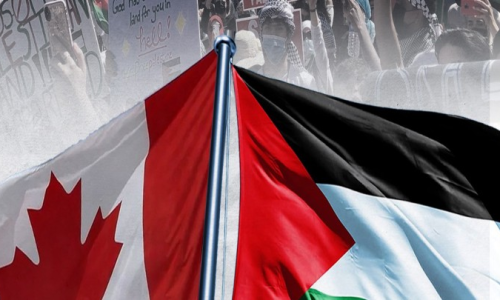By Taghreed Saadeh
Amid Israel’s military superiority and ongoing occupation of Gaza, continued massacres, unchecked settlement expansion in the West Bank, and full American support, Palestinians have consistently remained weak and unable to influence the course of events. After 18 years of political division and seven successive wars, Gaza has been left in a state of perpetual destruction, while Hamas has failed to achieve any meaningful change on the ground in favor of the Palestinians, and has in fact significantly weakened their position.
Hamas’s military and administrative policies in Gaza have further deteriorated the Palestinian situation. By choosing armed confrontation without regard to the balance of power, Hamas undermined Palestinian legitimacy and exacerbated the humanitarian suffering in the territory. As a result, Palestinians have been unable to impose any political or military achievements, and any agreement reached has reflected the balance of power rather than their ability to influence outcomes.
The Trump plan called for an end to the war, the halt of settlements, and the cessation of forced displacement. This American decision came after two years during which the international community failed to stop massacres, the destruction of cities, and the displacement and starvation of Gaza’s civilians. Even global protests and marches against the massacres had no effect. Within this context, the plan grants Palestinians some rights they could not have achieved by any other means, while simultaneously representing the minimum possible outcome given their weakened and constrained position on the ground.
The agreement includes the formation of a transitional Palestinian government to manage Gaza under international supervision. Some view this as a disaster because it reduces the sector’s independence, but after 18 years of division and Hamas’s control over Gaza, it appears to be the least damaging option for restoring civil and political stability. Palestinian involvement, even under international supervision, ensures the delivery of aid, protection of civilians, and reconstruction of destroyed infrastructure.
The recent war only ceased due to Trump’s vision and decision, highlighting how the world particularly major powers controls the course of events. The decision put an end to continued destruction and the killing of Palestinian civilians, while opening a window for direct aid delivery and halting massacres.
Ultimately, the Trump plan reflects the reality of power on the ground. Nevertheless, ending the war, halting settlement expansion, and stopping forced displacement represents a genuine achievement for Palestinians, providing a rare opportunity to preserve civilian lives, reorganize the devastated Gaza Strip, and partially restore Palestinian authority to the political scene. Understanding this context allows for a proper appreciation of Palestinian resilience amid occupation, American support for Israel, and Hamas’s detrimental role in the deterioration of the situation.










